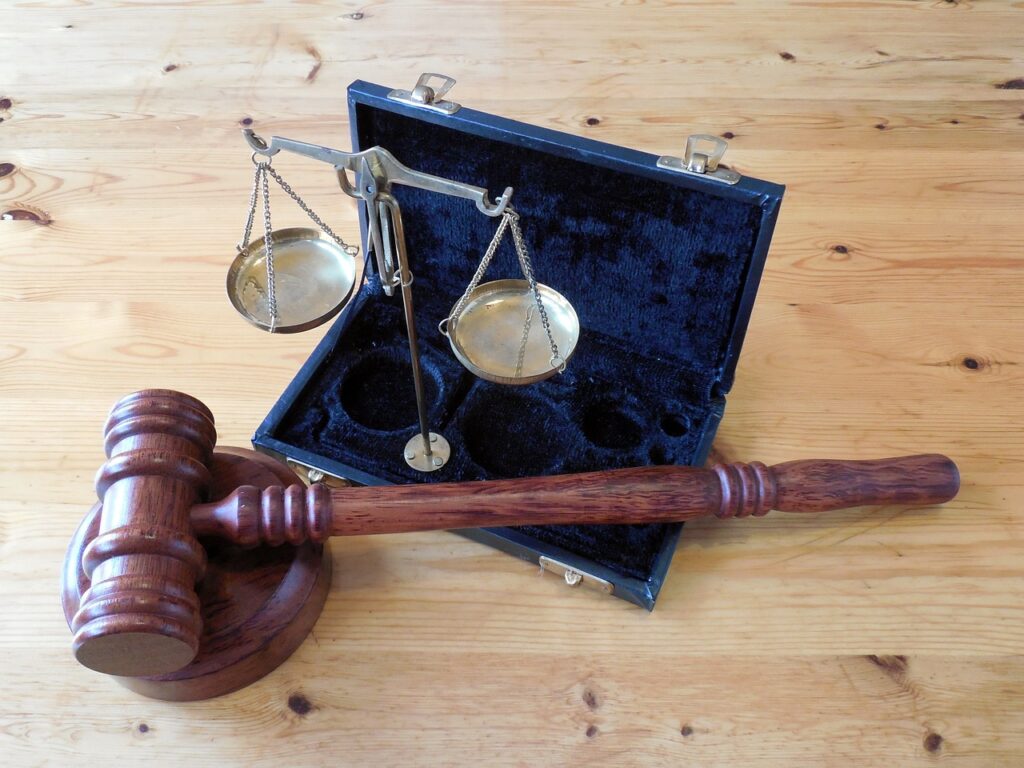we will do it together
Child law
Child Law
Child law in India encompasses legislation, policies, and judicial mechanisms designed to protect and promote the rights and welfare of children. It addresses issues like education, child labor, protection from abuse, adoption, custody, and juvenile justice. These laws are guided by the principles of the Indian Constitution, international treaties like the UN Convention on the Rights of the Child (UNCRC), and specific statutes.
Key Components of Child Law in India

Child Rights Under the Constitution
The Indian Constitution recognizes children as a vulnerable group deserving special protection and care.
Fundamental Rights:
- Article 21A: Right to free and compulsory education (6–14 years).
- Article 24: Prohibition of child labor in hazardous industries.
- Article 15(3): Permits special provisions for children.
Directive Principles of State Policy:
- Article 39(e) & (f): Ensures protection against exploitation and opportunities for development.
- Article 45: Right to early childhood care and education.
Protection Against Abuse and Exploitation
India has several laws to protect children from abuse, exploitation, and neglect:
A. Child Sexual Abuse
- Protection of Children from Sexual Offences Act (POCSO), 2012:
- Provides stringent punishments for sexual offenses against children.
- Mandates child-friendly procedures during investigation and trial.
B. Child Labor
- Child and Adolescent Labour (Prohibition and Regulation) Act, 1986 (amended in 2016):
- Prohibits employment of children under 14 in any occupation.
- Restricts employment of adolescents (14–18 years) in hazardous activities.
C. Human Trafficking
- Governed by Immoral Traffic (Prevention) Act, 1956 and provisions under the Indian Penal Code (IPC).
Juvenile Justice and Rehabilitation
Children in conflict with the law or needing care and protection are addressed under:
- Juvenile Justice (Care and Protection of Children) Act, 2015 (JJ Act):
- Categorizes children as:
- Children in Conflict with the Law: Minors accused of committing offenses.
- Children in Need of Care and Protection: Orphans, abandoned, abused, or neglected children.
- Establishes Juvenile Justice Boards (JJB) and Child Welfare Committees (CWC).
- Allows trial of juveniles (16–18 years) as adults in heinous offenses under strict conditions.
- Categorizes children as:
Education and Development
Education is fundamental to child development and is safeguarded by:
- Right of Children to Free and Compulsory Education Act, 2009 (RTE Act):
- Provides free education for children aged 6–14 in government schools.
- Mandates 25% reservation for disadvantaged groups in private schools.
- National Education Policy (NEP): Aims for holistic development and early childhood care.
Adoption and Guardianship
Adoption laws ensure legal recognition of parent-child relationships.
- Hindu Adoption and Maintenance Act, 1956: Governs adoption for Hindus, Jains, Buddhists, and Sikhs.
- Juvenile Justice Act, 2015: Provides a secular framework for adoption.
- Guardians and Wards Act, 1890: Primarily focuses on guardianship for non-Hindus.
Key Features:
- CARA (Central Adoption Resource Authority) oversees adoptions under JJ Act.
- Ensures the child’s welfare as the primary consideration.
Child Custody and Welfare
Child custody disputes often arise during divorce or separation and are guided by:
- Hindu Minority and Guardianship Act, 1956.
- Guardians and Wards Act, 1890.
- Courts prioritize the best interests of the child while granting custody.
Types of Custody:
- Physical custody.
- Joint custody.
- Visitation rights for the non-custodial parent.
